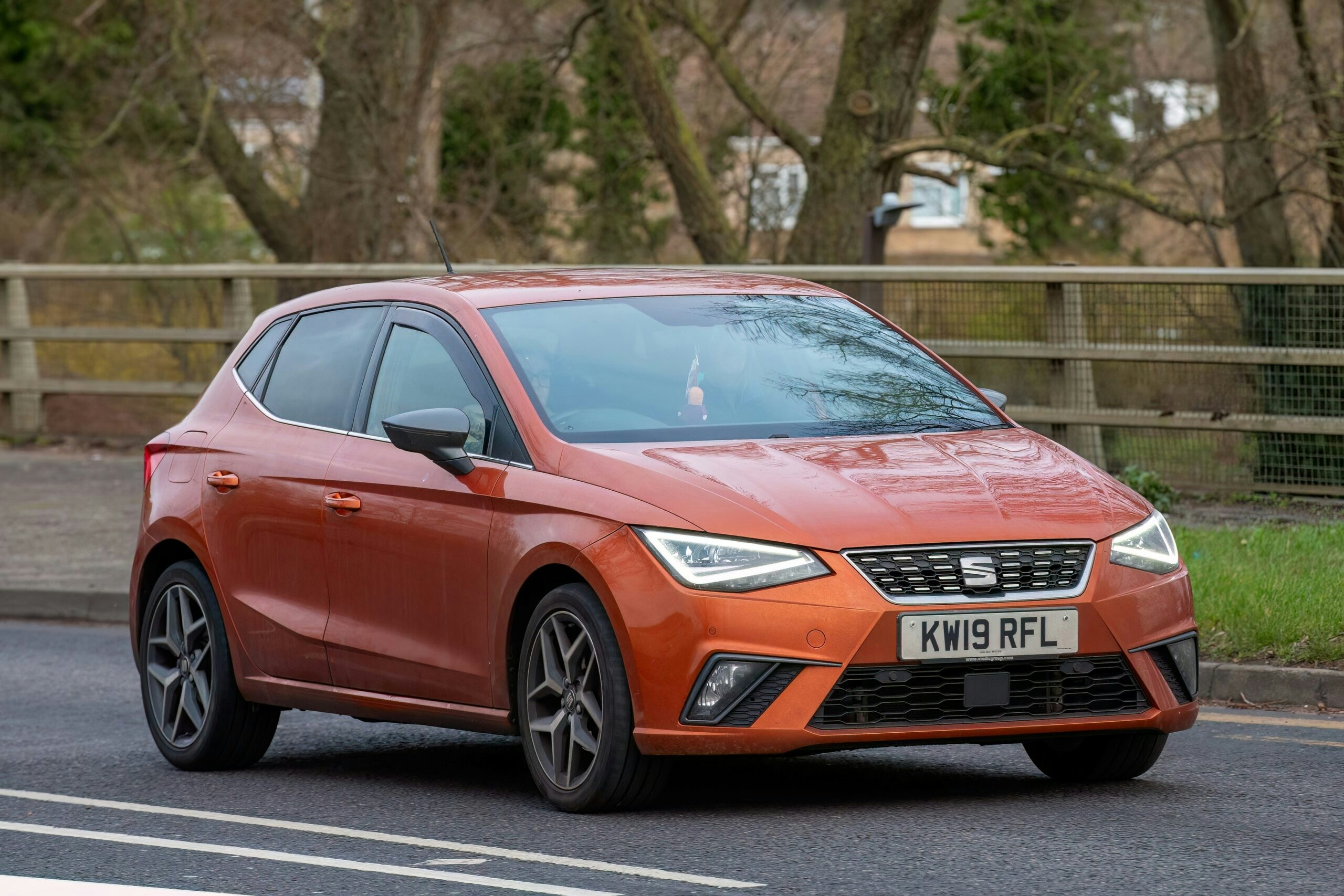What is cost to change?

If you’re looking to sell your car and buy a new vehicle, it’s essential you consider the cost to change of doing so. The cost to change is how much money you’ll need to pay for your new car, whether it’s brand-new or a second-hand car, and to get rid of your old vehicle.
However, the cost of change doesn’t apply if you’re buying your first car, and don’t have a car to sell, or if you’re keeping your current vehicle.
Why it’s important to understand the cost to change
Understanding the cost to change is crucial when buying a car as it encompasses various expenses such as:
💷 Taxes
💷 Registration
💷 Insurance
Knowing these costs helps you budget effectively and make better, informed decisions. By understanding the cost to change, you can avoid nasty financial surprises and ensure that buying your new vehicle is plain sailing.
Keep reading to find out more.

What makes up the cost to change?

Direct costs
Direct costs are expenses directly linked to producing a specific product or providing a service. In the context of buying a car, direct costs typically include:
👉 Purchase price
👉 Sales taxes
👉 Registration fees
It’s essential you keep these costs in mind when working out the total cost to change when getting your hands on a new vehicle.
Indirect costs
Indirect costs are often overlooked, but it’s essential you consider them. They are usually expenses that aren’t directly linked to the purchase price of a car but still impact your overall spending. These can include:
📝 Insurance
💼 Taxes
⛽ Fuel
🔧 Maintenance
⌛ Depreciation
Indirect costs might not be obvious at first, but they add up and should most certainly be considered when budgeting for a new car.
Opportunity costs
Opportunity costs refer to the benefits a person misses when choosing one alternative over another. When buying a car, understanding opportunity costs can help you make informed decisions about the benefits you may be giving up by selecting a particular vehicle or financing option.
Factors influencing the cost of change
Scale and complexity
When considering the cost of change when buying a car, scale and complexity are key factors to keep in mind:
🚨 The scale of the change, such as upgrading to a different vehicle class, can significantly impact costs.
🚨 The complexity of the change, including factors like modifications or customisations, can also influence the overall cost.
Understanding how scale and complexity affect the cost of change can help you make an informed decision during car-buying.
Timing and speed of implementation
When it comes to the cost of change regarding buying a car, timing and speed of implementation play significant roles. The timing of your purchase can affect the cost of change, as car prices may fluctuate throughout the year.
In addition, the speed at which you implement changes or modifications to your vehicle can impact costs. Making alterations quickly or efficiently can minimise additional expenses.
Being mindful of timing and implementation speed can ultimately influence the overall cost of change when buying a car.
Quality of planning and execution
The quality of planning and execution plays a significant role in the cost of change when purchasing a vehicle. Thorough research, careful budgeting, and attention to detail can help manage the overall cost.
Factors such as vehicle depreciation, insurance, and registration fees should be meticulously planned to avoid unexpected expenses. By taking a well-organised approach to car-buying, you can minimise additional costs and ensure a smoother transition to a new vehicle.
FAQs
How is the cost to change calculated?
To calculate the cost to change, subtract the trade-in value of your current car from the price of the new vehicle you want. Additional expenses and factors, like taxes and registration fees, must also be factored in.
Is the cost to change the same at every dealership?
No, the cost of changing your car can vary between dealerships. The trade-in value and any incentives or discounts a specific dealer offers can affect the overall cost. It’s worth shopping around for the best deal.
Can I reduce my cost to change?
Yes! You can lower the cost of change by negotiating the trade-in value, finding discounts on the new car, or reducing extra expenses like insurance and taxes.

Want to buy a car?
Learn all you need to know about buying a car. Have a look at more of our guides to find out about owning and maintaining a vehicle, from the role the DVLA plays to renewing your driving licence and the impact of the two annual plate changes.
- Sell my car
- Track your car value
- Best saloon cars
- Best automatic cars
- Best crossover cars
- Best cars for the school run
- When’s the best time to buy a car?
- Best SUVs in 2024
- What’s the right engine coolant for your car
- Questions to ask when buying a used car
- Who sends off the logbook when buying a car
The information provided on this page is for general informational purposes only and should not be considered as professional advice.